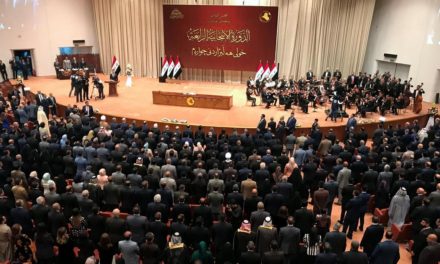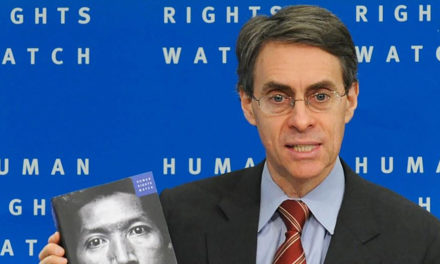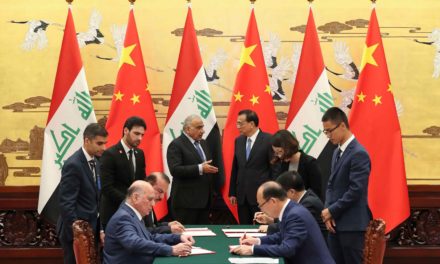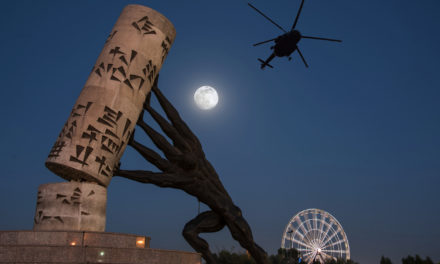Iraqi election campaign posters in Qom, Iran
If you are an Iraqi, have been to Iraq in the past few months or generally keep up to date on the news, you are bound to know that 2018 is the year of the elections, scheduled to be held on the 12th of May. With 88 party lists, that include 6986 candidates, it is literally the talk of the town. The streets are filled with posters from every lamppost to every platform. The candidates have barely left an inch of Iraq barren of their faces and promises. It is that time; we have become accustomed to every 4 years.
All elections are important, and come with a great responsibility on the voter. However, Iraqi elections hold the weight of 23 years of Saddam’s dictatorship and 15 years of post-invasion. Thus, making every single vote a crucial and momentous standing. This election will be the first election after the invasion and destruction of Daesh, which will prove a pivotal point in time, for Iraq and its people. And therein lies the problem. An election for the Iraqi people should mean just that, an election for those that live in Iraq. Those that have the right to vote should simply be those that will live with the consequences of the votes.
The pretence of change is rife for all candidates of course, but with a new set of 3.3 million Iraqis (1997-2000) voting this year, perhaps this may be the year that the candidates prove their manifestos to a generation eager for change. The Iraqi diaspora is now one of the largest in modern times, caused by the countless wars. This has meant that many Iraqi nationals live all-over the world, from the 50,000 in Lebanon to the 340,000 in Brazil, wherever you go, you will find that person with an Iraqi passport, and an embassy nearby willing to take their vote.
Though the eagerness to remain a part of the country full of heritage, history and strong political movements for centuries is commendable, perhaps it is time that the diaspora reconsider voting in this election. This may come as a surprise, however, it is difficult comprehending why a person born in 1980s or even 2000, but has not stepped foot in Iraq for 10 years has the ability to decide the fate of tens of millions of human beings’ lives. If you do not live with the choice, you should not make it. It goes without saying that everyone makes the choice that they feel is best suited to the people, however, irrespective of how well the knowledge may be on the current political state of Iraq, and the socioeconomic state of the population, reading is not the same as living.
In a bid to give Iraqis the true ability to make their own decisions, and perhaps have this election be the start of a post-Daesh era of growth. Whether it is in jobs, education or aid to the families of martyrs. Let this year be the one of growth for us and for our beloved. No choice is easy to make, especially not one that stops you from taking part in a right- however, perhaps it is time the right and the power that follows is granted truly, to those that live in our venerable Iraq.
This election, I hope that not only you make the correct decision, but that you consider what lies beyond yourself. Think of only one person, the mother of a martyr. Make a choice that may save her, or grant her the life of ease of mind, security and sustenance deserved. Make a change.

Zainab Hayder
Zainab Hayder is a biomedical scientist with an interest in Iraqi culture and societal dynamics.










